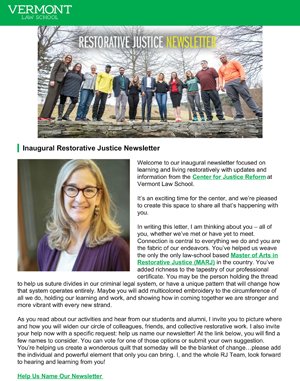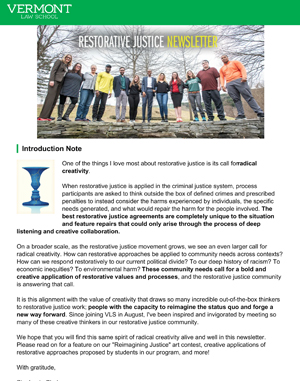Manufactured-home cooperative will be powered in part by a 130 kilowatt photovoltaic array sited on land donated by neighboring church.
Mascoma Meadows, a 50-unit resident-owned manufactured-home cooperative in New Hampshire's Upper Valley, will soon use solar power to generate some of its electricity.
Mascoma Meadows has contracted with Brentwood-based ReVision Energy to install a 132.48-kilowatt (DC) solar array, which is forecast to save each of the co-op’s participating low- and moderate-income households nearly $270 annually. The ground-mounted array will consist of 384 solar panels and is scheduled to be completed by the end of the year.
The project is expected to generate 176,507 kilowatt hours of electricity annually, enough to power a refrigerator for 121 years. It’s also expected to offset approximately 185,862 pounds of carbon pollution annually; that’s the equivalent of driving an average car more than 206,000 miles.
The array will be built on a half-acre of land donated to the co-op by the neighboring Abundant Life Church of God. The project’s cost is covered in part by a $168,000 grant from the Renewable Energy Fund managed by the New Hampshire Public Utilities Commission (PUC).
In addition to the PUC grant, the project will be financed by an impact investor through a Power Purchase Agreement (PPA), allowing the parties to leverage tax incentives. The PPA enables Mascoma Meadows co-op to access the long-term economic and environmental benefits of solar electricity, while providing an opportunity for investors who share their values. After five years, Mascoma Meadows can purchase the array, at a discount, with financing from the New Hampshire Community Loan Fund.
“We’re excited to become New Hampshire’s first solar-powered ROC (resident-owned community),” said Mascoma president Calvin Goude.
“Manufactured-home communities like ours are perfect places for sustainable-energy projects, and it will make the homes here even more affordable,” he said. “We appreciate the work the Vermont Law School and ROC-NH did to pull this project together and, of course, our neighbors at Abundant Life church for donating the land. We never expected that!”
ROC-NH, a program of the New Hampshire Community Loan Fund, is coordinating the project, with contributions and pro bono work from Atty. Elijah Emerson of Primmer, Piper, Eggleston & Cramer, and Vermont Law School’s Energy Clinic.
Tony Mendez, a student at the Energy Clinic who has worked on this project for two semesters, said, “It has been especially rewarding to work with the community to make this project a reality and ensure that Mascoma Meadows gets to keep the environmental benefits produced by the solar array to reduce the community’s own carbon footprint.”
The project has also been supported by Lebanon City Counselors Clifton Below and Karen Liot Hill and Energy and Facilities Manager Tad Montgomery, as well as by the NH Sustainable Energy Association and Liberty Utilities.
The model developed for Mascoma Meadows, leveraging the cooperative structure and tax incentives, helps break some of the barriers to lower-income residents owning solar,” said Christa Shute, Vermont Law School’s Energy Fellow for Climate Justice. “The exciting part of this project is creating a model not just for New Hampshire resident-owned communities, but for ROCs across the country. The VLS Energy Clinic looks forward to seeing Mascoma Meadows into production and finding the next ROC to benefit from community-owned solar.”


















